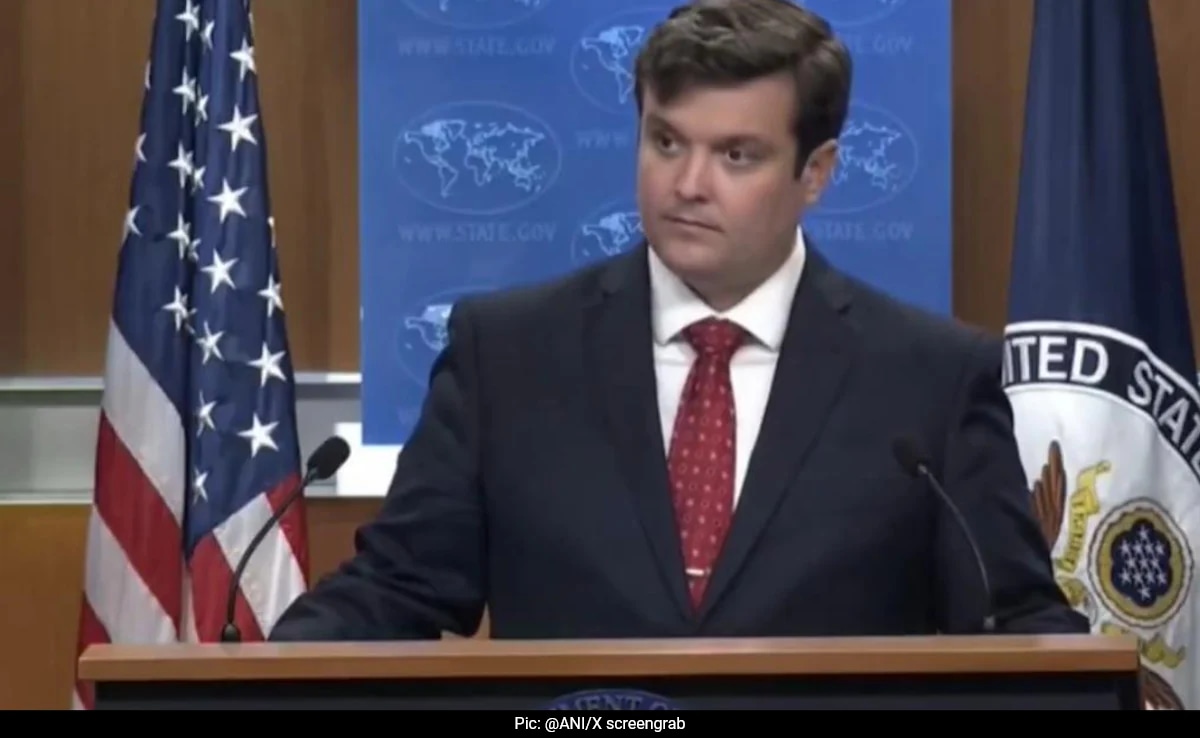

Despite escalating trade tensions marked by the recent imposition of a 50% tariff on Indian goods by the United States, a US official has affirmed that "India is a strategic partner" and that both nations are engaged in "full and frank dialogue". This statement comes amid a backdrop of increasing strain in the US-India trade relationship, primarily stemming from India's continued import of Russian oil.
The tariff hike, announced by US President Donald Trump, includes an additional 25% duty on Indian goods, supplementing the existing 25% tariff, effectively bringing the total to 50%. This decision is largely attributed to the US's disapproval of India's ongoing crude oil purchases from Russia, which the US views as helping to finance Russia's war against Ukraine. The additional tariff is scheduled to take effect on August 27.
India has reacted strongly, calling the tariffs "unfair, unjustified, and unreasonable". Despite these concerns, both countries have signaled their intent to continue discussions, aiming to resolve the escalating trade dispute. The Indian government is reportedly considering offering additional tariff concessions, increasing purchases of US liquefied natural gas (LNG) and defense equipment, and exploring other potential compromises.
The US-India trade relationship has seen significant growth in recent years, with bilateral trade reaching $131.8 billion in 2024-25. India's exports to the US amounted to $86.5 billion, while imports totaled $45.3 billion. The new tariffs are expected to impact approximately 4.8% of India's total exports, which surpassed a record $820 billion in 2024-25. Critical sectors including textiles, chemicals, marine products, leather, gems and jewelry, steel, and aluminum may face significant market access challenges.
The move has sparked debate in both countries, with some analysts suggesting that the tariffs are a pressure tactic by the US to push India to agree to demands in the proposed Bilateral Trade Agreement (BTA). These demands include duty concessions on electric vehicles, dairy products, wines, petrochemical products, apples, tree nuts, and genetically-modified crops. Others caution that the tariffs could harm American businesses and consumers by raising import costs and potentially increasing inflation.
Despite the current trade friction, the US recognizes India as a crucial strategic partner. This partnership extends beyond trade to include defense cooperation, joint military exercises, and collaboration on commercial and defense technologies. India has also been actively pursuing trade agreements with other countries, including the United Arab Emirates, Australia, the European Free Trade Association, and the United Kingdom, to diversify its trade relationships.
The situation remains fluid, and the long-term impact of the tariff dispute on US-India relations is yet to be seen. Both countries are navigating a complex landscape of trade imbalances, geopolitical considerations, and domestic economic pressures. While President Trump has ruled out further trade talks until the tariff issues are resolved, the US has pledged to maintain dialogue with India. The coming weeks will be critical in determining whether the two nations can find a path to de-escalate tensions and reaffirm their strategic partnership.